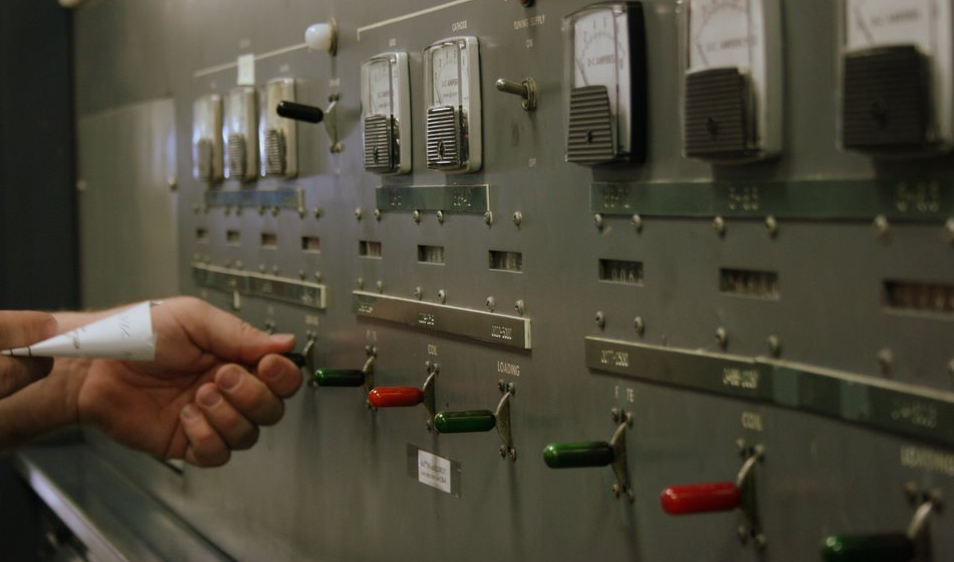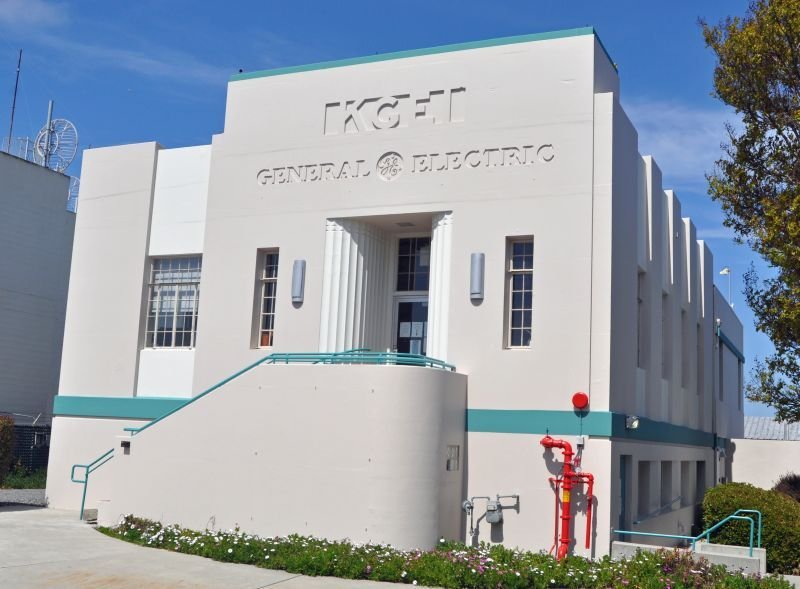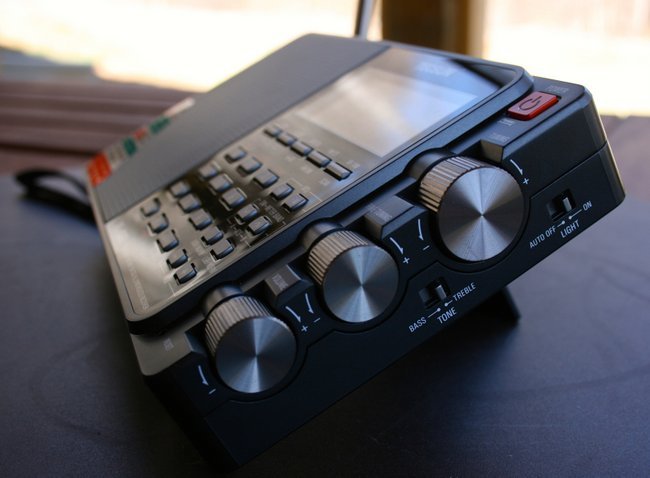Live off-air recording of some of the last day of programming from the Raidió Teilifís Éireann (RTÉ) Radio 1 longwave station on 14 April 2023 beginning at 11:55 UTC on the frequency of 252 kHz. The signal originated from a transmitter located at Clarkestown/Summerhill, County Meath, in the Republic of Ireland, reported to operate with a power of 150 kW during the day (and 60 kW during the night). The transmitter was capable of operating at 300 kW. The station used a 248-metre high single-mast antenna.
RTÉ Radio 1 is a general-interest, news, talk, and music station. It now uses FM, satellite, streaming, and cable services.
The recording starts with the final minutes of the "Louise Duffy Show," followed by the "RTÉ News at One" (which featured reports on U.S. Pres. Joe Biden's visit to Ireland) and then the first 13 minutes or so of "Liveline," an interview and phone-in chat show. The recording ends with an announcement of the shutdown of the longwave service.
Reception of the 252 kHz signal was reasonably good but it suffered from slight co-channel interference from a station in Algeria and local noise at the reception site.
RTÉ Radio 1 programming on 252 kHz ended at 23:03 UTC on 14 April 2023 and was replaced with a repeated announcement of the cessation of broadcasting on longwave and information about other ways to hear RTÉ Radio 1. It begins with the RTÉ Radio 1 interval signal "O’Donnell Abú." Examples of the announcement are included in the second three-and-a-half-minute recording which starts at about 12:34 UTC on 15 April 2023. In this recording, most of the interference has been removed by an audio filtering technique. The closedown announcements ended on 18 April 2023 at 09:59 UTC and the transmitter then fell silent.
The broadcasts were received by the Web-interface wideband software-defined radio at the University of Twente in Enschede, The Netherlands, with a "Mini-Whip" antenna in synchronous AM mode with 5.08 kHz RF filtering.






















